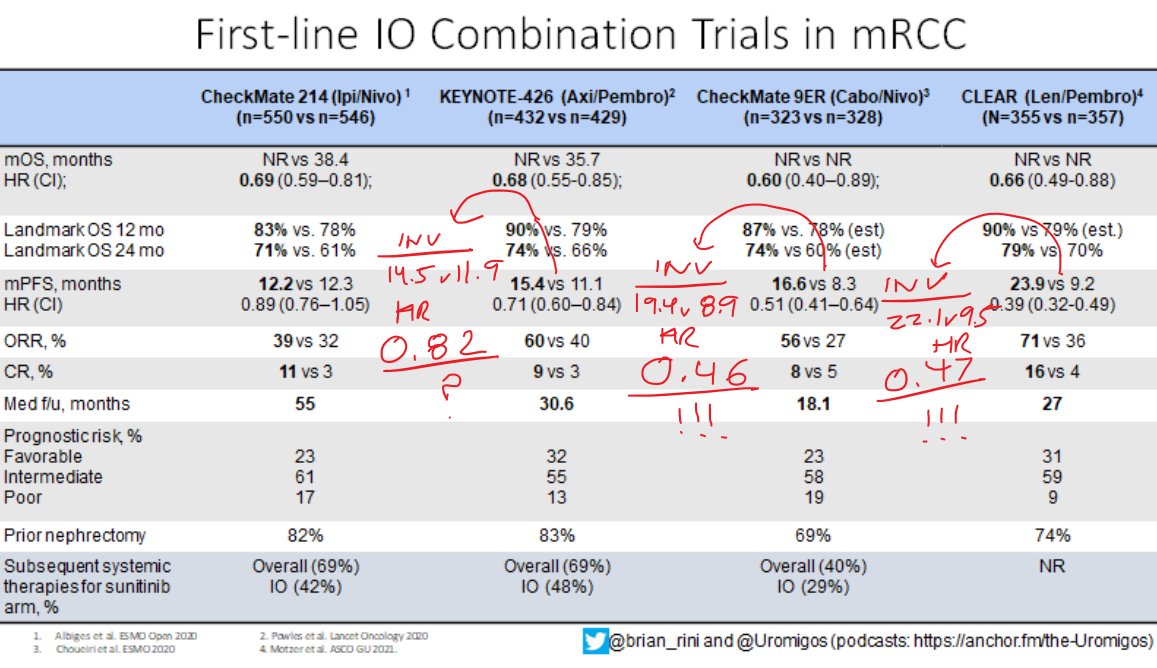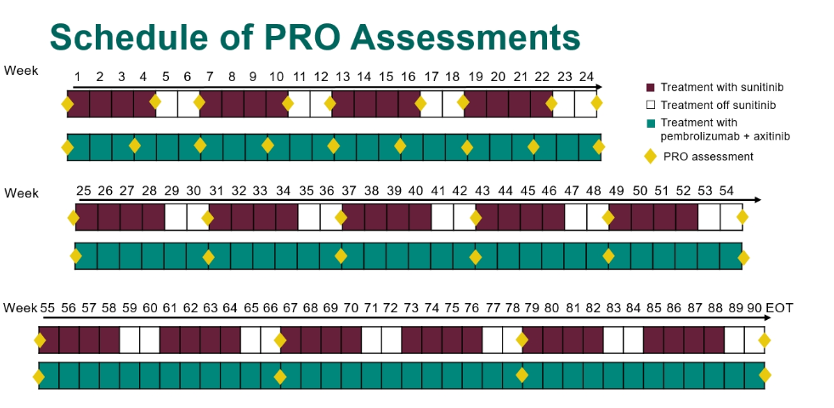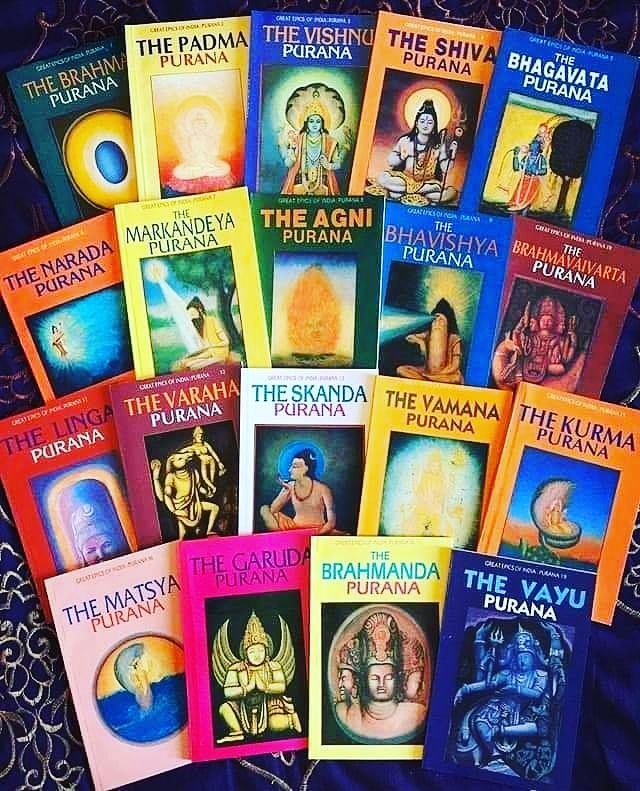After therapy sessions, it is occurring to me how my parents and maybe most desi parents don't really grow as parents. For example, a person would be a very different to a baby and to a teenager because the needs and vulnerabilities are so different.
More from Health
The Health Protection (Coronavirus, Restrictions) (No. 3) and (All Tiers) (England) (Amendment) Regulations 2021
https://t.co/L5jwlTDaIE
(Thread)
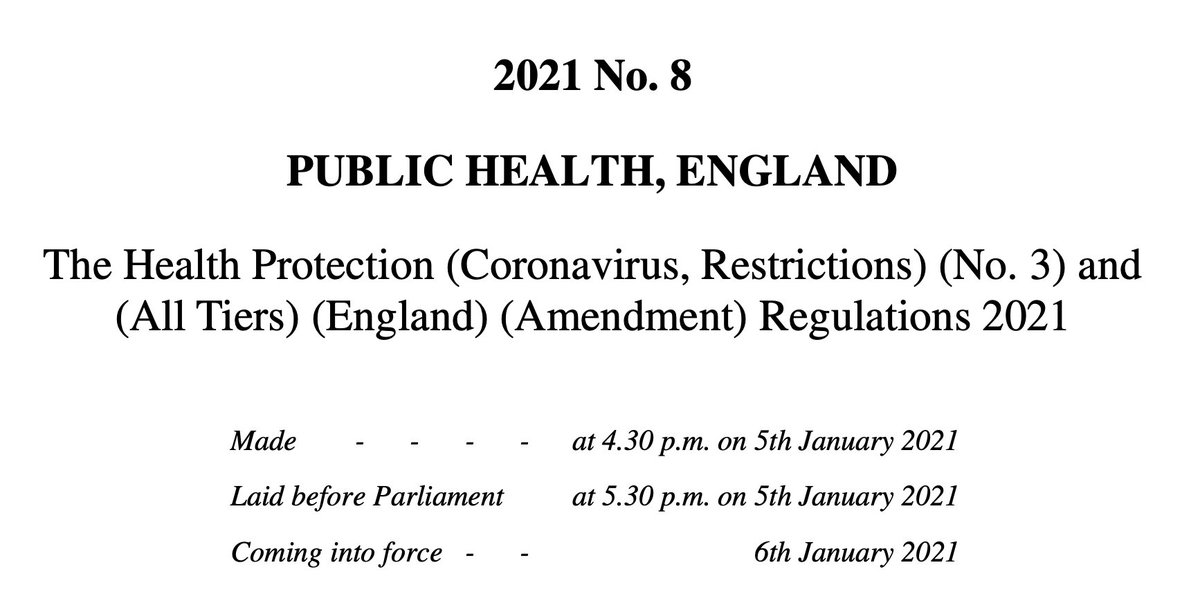
These are not a new set of regulations: they are amendments an old set of regulations
Which we thought were gone! But they are back
Welcome back No.3 regulations
A quick thing before we continue!
I have been analysing these laws for free for 9 months now - if you want to say thanks and have a few £ to spare please give to my @LawCentres fundraiser
They give free legal advice to people who need it
They also amend the All Tiers regulations
Oh god it's all amendments by paragraph references
Basically all of England now in Tier 4 and Tier 4 is amended but not by a huge amount
This really is a terrible way to make laws on the fly - who can possibly understand it?!
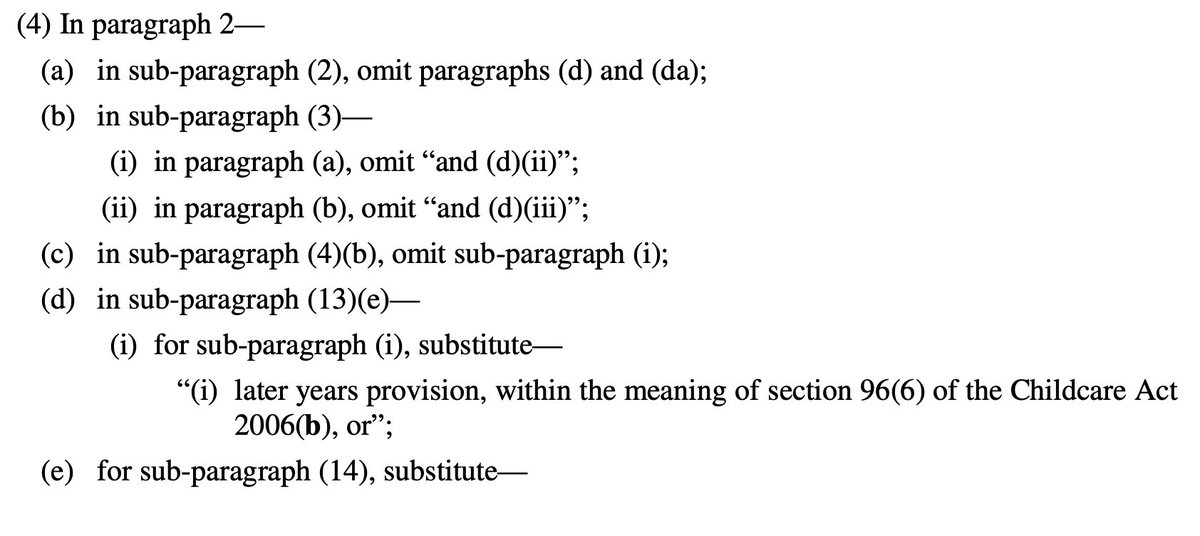
So, to explain, you need 2 documents open if you want to understand what is going on:
All Tiers regulations (Tiers 1-4, 2 December as amended) https://t.co/IraPQ112ak
And amendments https://t.co/L5jwlTDaIE
No sensible way of doing except by track changes, on it now, back soon
\u201cMilitary history\u201d is only in decline if you\u2014like the author & experts in this obnoxious piece\u2014see the subject as a narrowly defined, white dude-oriented, guns & bayonets approach. The field is 1000% better off w/today\u2019s diversity of topics & historians. https://t.co/dUf3OWyVpQ
— Jonathan S. Jones (@_jonathansjones) February 1, 2021
First off, Harvard students literally have multiple sections of military history that they can take listed. (It appears these ones are taught at MIT, so they might have to walk down the street for these) but... 2/

Say they want to stay on campus...they can only take numerous classes on war and diplomacy...3/
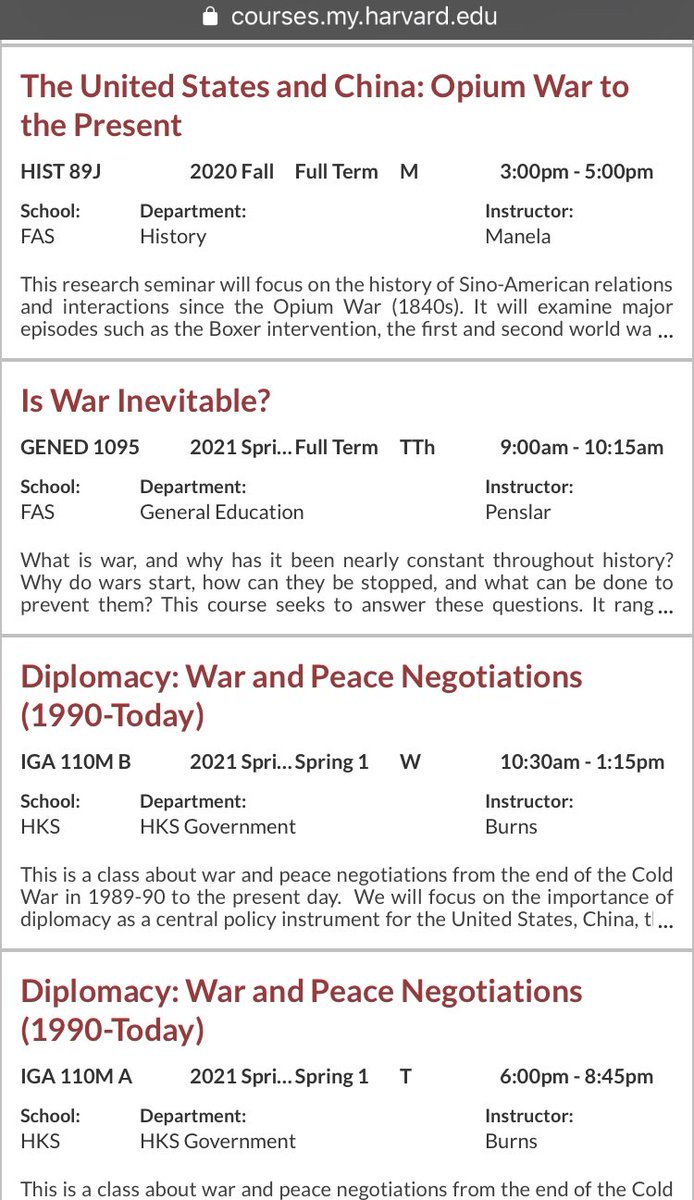
They have an entire class on Yalta. That’s right. An entire class on Yalta. 4/

But wait! There is more! They can take the British Empire, The Fall of the Roman Empire for those wanting traditional topics... 5/
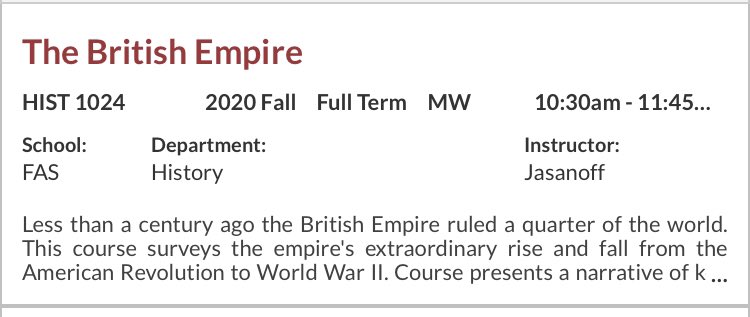
You May Also Like
Please add your own.
2/ The Magic Question: "What would need to be true for you
1/\u201cWhat would need to be true for you to\u2026.X\u201d
— Erik Torenberg (@eriktorenberg) December 4, 2018
Why is this the most powerful question you can ask when attempting to reach an agreement with another human being or organization?
A thread, co-written by @deanmbrody: https://t.co/Yo6jHbSit9
3/ On evaluating where someone’s head is at regarding a topic they are being wishy-washy about or delaying.
“Gun to the head—what would you decide now?”
“Fast forward 6 months after your sabbatical--how would you decide: what criteria is most important to you?”
4/ Other Q’s re: decisions:
“Putting aside a list of pros/cons, what’s the *one* reason you’re doing this?” “Why is that the most important reason?”
“What’s end-game here?”
“What does success look like in a world where you pick that path?”
5/ When listening, after empathizing, and wanting to help them make their own decisions without imposing your world view:
“What would the best version of yourself do”?
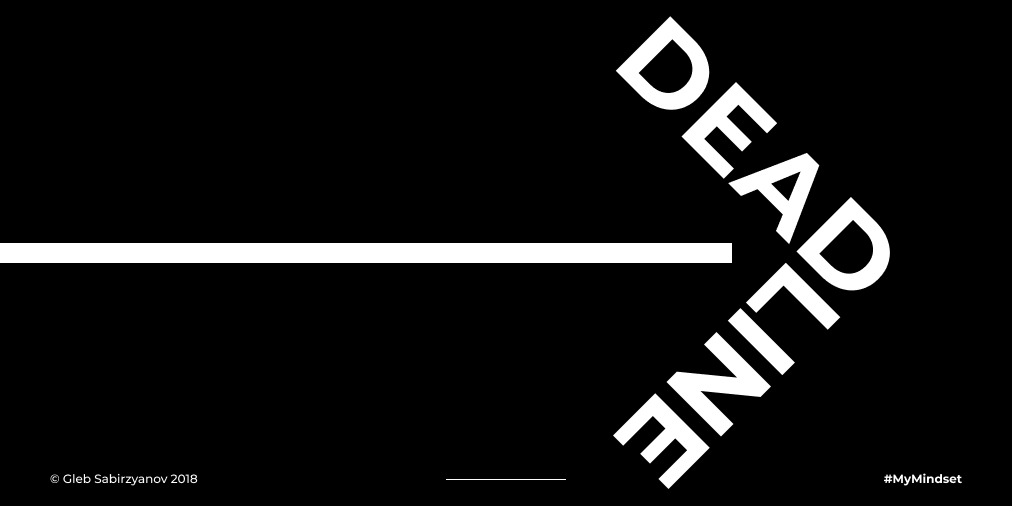
I wish I had this... — don't excuse yourself. Forget about what you can't and focus on what you can.
Stop comparing yourself to others, come from the point of what you have, know and have: "I can... so I will do..!" #MyMindset

BTW this was an update of one of the previous tweets. And I'm continuing this thread today!
Focus only on positive things! These include what *you* have, know and can do. If you don't have, know or cannot do something either get it or ignore it. Don't think about it and don't use it as an excuse.
— Gleb Sabirzyanov (@zyumbik) October 17, 2018
I've been struggling to follow this principle for a long time. #MyMindset pic.twitter.com/SK5vtwHs3G
Do something for the long-term. Everything else is a distraction. 🛑 Nowadays I always check if the thing I'm doing aligns with my long-term plans. If not — that is probably not the best thing to do at the moment. #MyMindset
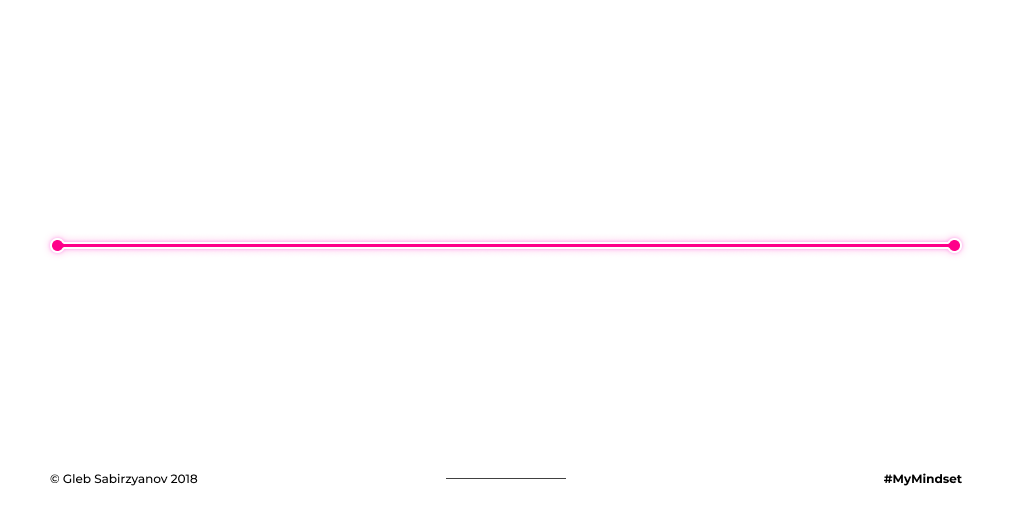
The only way to get more done is to have less to do. Eliminate your obligations, say "no" to things that are not important, stay minimal in what you do, focus. Being busy is not equal to getting things done. #MyMindset














